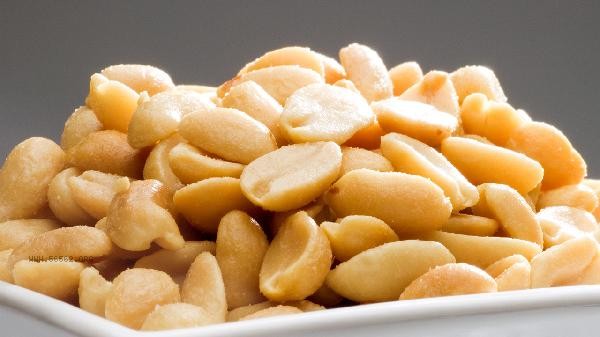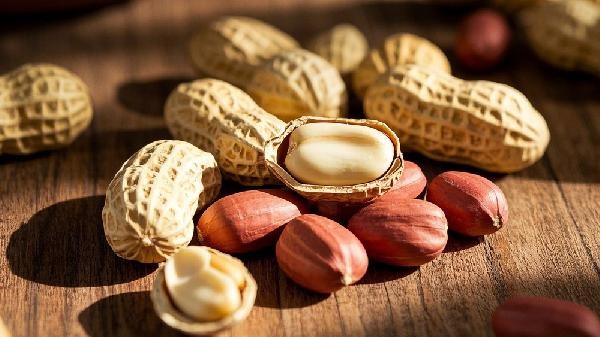Whether five spice peanuts can nourish the stomach needs to be judged based on the amount consumed and individual differences. Moderate consumption may help with gastrointestinal health, while excessive consumption may increase the burden. The influence of five spice peanuts is mainly related to factors such as processing methods, consumption, and gastrointestinal status.

Five spice peanuts are rich in protein, dietary fiber, and unsaturated fatty acids. Moderate consumption can promote gastrointestinal peristalsis and help digestion and absorption. Its protein component can neutralize stomach acid and alleviate mild stomach discomfort; Dietary fiber can regulate the balance of gut microbiota and has a certain auxiliary effect on patients with chronic gastritis. The spices such as star anise and cinnamon in traditional five spice ingredients have the characteristic of warming and dispersing cold, which may have a relieving effect on cold stomach pain. However, it is important to choose authentic products that have not been moldy or excessively baked to avoid stimulating the gastric mucosa. After high-temperature baking and heavy salt pickling, the sodium content of five spice peanuts significantly increases, which may stimulate excessive gastric acid secretion, induce acid reflux or worsen ulcer symptoms. The addition of chili powder, monosodium glutamate and other ingredients to some commercially available products can directly damage the gastric mucosal barrier function. Peanuts themselves are high-fat nuts, and a single intake of more than 30 grams may delay gastric emptying, leading to digestive adverse reactions such as bloating and belching. People with gastrointestinal dysfunction or acute gastritis should strictly limit their consumption to prevent the onset of spasmodic pain.

It is recommended to eat no more than 20 original spiced peanuts every day, give priority to low salt baked varieties, and use alkaline foods such as millet Congee to reduce stomach irritation. Individuals with gastrointestinal sensitivity who experience burning sensation after consumption should immediately discontinue use. Patients with chronic stomach diseases should adjust their intake under the guidance of a nutritionist. Pay attention to individual tolerance, avoid consuming stimulating beverages such as strong tea and coffee, and maintain dietary diversity to maintain gastrointestinal health.










Comments (0)
Leave a Comment
No comments yet
Be the first to share your thoughts!